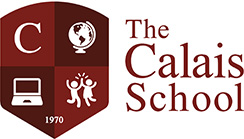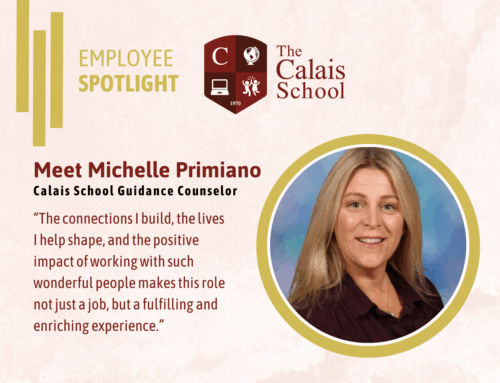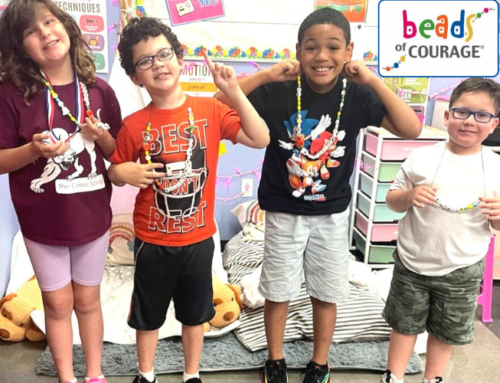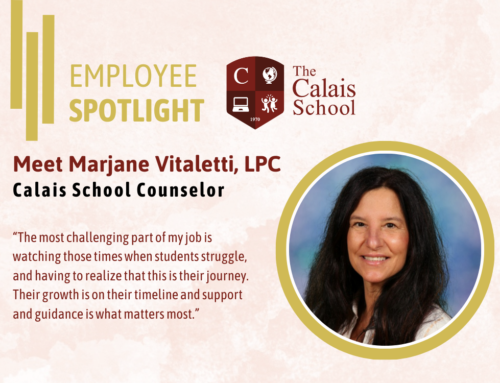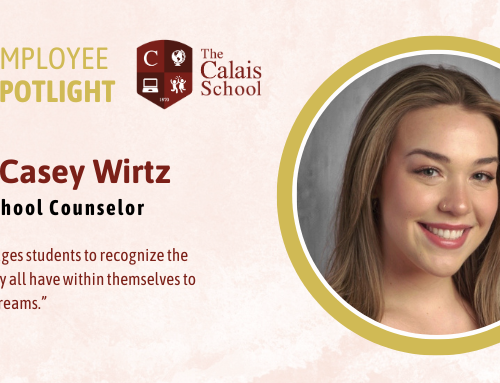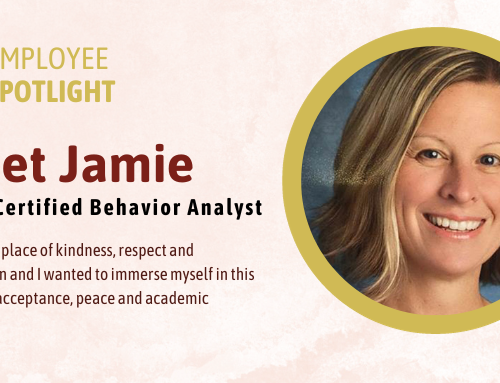Many aspects of social development seem to be an innate part of a child’s temperament, however social learning is a 24/7 process that spans from childhood through adulthood. Despite possessing average language skills and intelligence, children and young adults can struggle with social pragmatic competency – the ability to use language to interact and navigate social situations.
In order to develop this skill set, kids need to learn the appropriate vocabulary and language abilities to talk about emotions (their own and others), understand verbal and nonverbal social cues, as well as routinely engage in perspective taking, all of which, a speech-language pathologists can teach them. A multi-disciplinary approach engaging speech language pathologists, social workers and counselors is best when addressing social cognitive abilities as there is much overlap. Here at The Calais School we implement social skills in both the counseling and speech curriculum across a variety of settings.
Many scenario activities that tie into the speech curriculum are based on actual events observed throughout the students’ day. Additional activities require students to identify targeted skills in scenarios (often pulled from TV or movies) as social hits or misses. Students explain any issues they observe and fix it via role play during sessions.
With continued awareness and advocacy, we can effectively address social cognitive abilities and positively improve these students’ functioning in both school and social settings. Support from family members is integral to be able to bring learned skills into the home and community.
There is no question that children with better social skills have a significant advantage in life. They not only experience the benefits of positive relationships, but they do better academically, have a better self-image, and tend to be more resilient in the face of adversity.
 973-884-2030
973-884-2030 